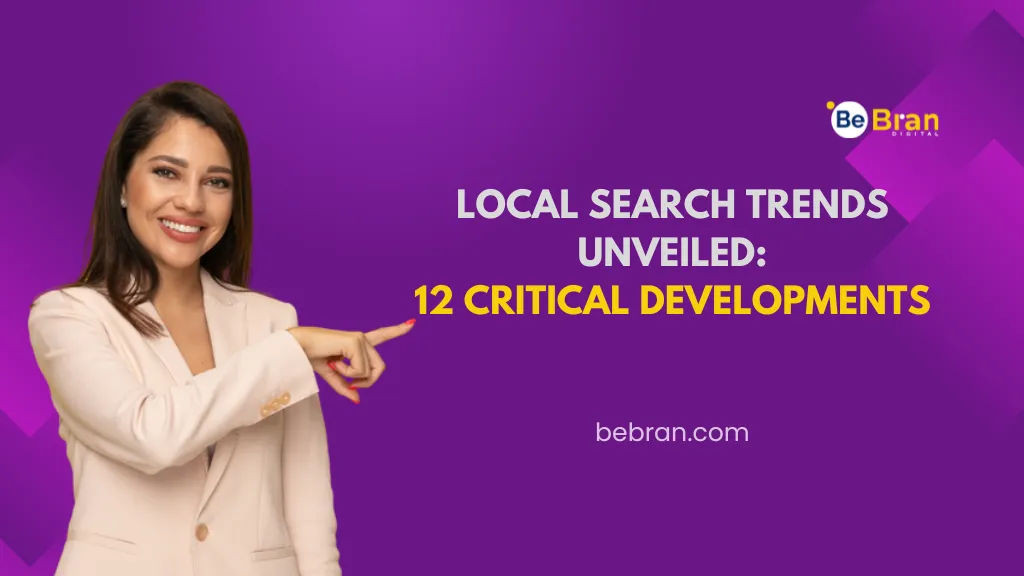
In the realm of SEO, link building stands as a cornerstone of online success. Yet, not all link building strategies are created equal. This guide navigates through the treacherous waters of link building, shedding light on the most common mistakes that can hinder your progress. By recognizing and avoiding these pitfalls, you can pave the way to a more effective and impactful link building strategy. Let's dive in and uncover the key missteps you should steer clear of for SEO success.
Link building is the process of acquiring hyperlinks from other websites to your own. These links serve as pathways that search engines use to navigate the vast expanse of the internet, helping them index the countless pages that constitute it.
Links act as endorsements. When a website links to another, it's often because they find its content valuable or relevant. This perceived value is a signal to search engines that the content is trustworthy and of high quality.
Link building is an essential component of search engine optimization (SEO). By acquiring links from reputable sites, businesses can boost their site's authority, improve search rankings, and drive organic traffic. Effective link building enhances brand visibility, establishes credibility, and fosters relationships within the industry. Understanding its significance is key to leveraging its benefits for online success.
The world of search engine optimization (SEO) is vast, but among its many factors, link building stands tall. High-quality backlinks act like votes of confidence, signaling to search engines that your website offers value. When authoritative sites link back to you, search engines perceive your content as credible and vital, leading to a boost in organic rankings.
Beyond SEO rankings, link building plays a pivotal role in establishing your site's authority. In a digital era where trust is gold, a site with high-quality backlinks is seen as a reputable source of information. As trust grows, so does your site's potential to attract and engage more visitors.
Even with its myriad benefits, link building is a minefield of potential mistakes. Here, we delve into the most common link building mistakes and provide actionable insights on how to sidestep them.
One of the most common link building mistakes is neglecting the quality of your content. Content is the foundation of any successful link-building strategy. When you prioritize quantity over quality, you risk creating content that doesn't resonate with your audience. Poorly written, irrelevant, or uninteresting content won't attract authoritative and valuable backlinks. To avoid this mistake, focus on creating high-quality, informative, and engaging content that naturally attracts links from reputable sources.
Another critical mistake is overlooking the relevance and context of the websites linking to yours. It's essential to build links from websites that are relevant to your industry or niche. Irrelevant links can harm your SEO efforts and may even lead to penalties from search engines. Additionally, consider the context in which your links appear within the content. Ensure that the surrounding content aligns with your website's topic and adds value to the reader's experience.
Focusing solely on the quantity of backlinks rather than their quality is a significant blunder in link building. While it might be tempting to accumulate as many links as possible, search engines value the quality and authority of your backlinks over their quantity. Low-quality, spammy, or paid links can harm your website's reputation and SEO rankings. Instead, prioritize building a diverse portfolio of high-quality, natural, and authoritative backlinks
Relying on a limited set of sources for link building is another common mistake. Diversity in your link sources is essential for a well-rounded link profile. Avoid solely depending on one type of link, such as guest posts or directory submissions. Seek links from various sources, including industry-specific websites, authoritative blogs, news outlets, and social media platforms. Diverse link sources not only improve your SEO but also provide a more balanced and natural link profile.
Link building, while incredibly valuable, comes with its set of challenges. By understanding and avoiding these link building mistakes, businesses can craft a robust, high-quality link profile that boosts SEO rankings, enhances website authority, and drives organic traffic.
Quality content is the bedrock of effective link building. Without it, attracting backlinks becomes a daunting task. High-quality content naturally draws links, as other websites will want to share and reference your valuable insights.
Search engines closely monitor user engagement metrics like bounce rates. If users frequently leave your site without interacting with your content, it signals that your content might not be meeting their needs, leading to lower rankings.
To counter this mistake:
A link's value isn't just about the authority of the linking site; it's also about relevance. A link from a high-authority site in a completely unrelated niche might not bring as much value as a link from a moderately authoritative site in your industry.
When pursuing link building opportunities, always ensure the site's audience aligns with yours. Irrelevant links can lead to increased bounce rates and decreased user engagement.
In the realm of link building, quality trumps quantity. Accumulating a large number of low-quality links can lead to penalties from search engines.
Beware of sites that:
Relying on a single link source limits the growth and resilience of your link profile. A diverse link profile signals to search engines that your site is a valuable and versatile resource.
Evaluate your link profile for:
In the intricate world of link building, avoiding these four common mistakes can make all the difference in your SEO journey. By focusing on content quality, context, and diversification of link sources, you lay the foundation for a robust and effective link building strategy. Remember, it's not just about the number of links; it's the quality and relevance that truly matter. So, sidestep these pitfalls and watch your website rise in rankings and authority. May your link building endeavors be guided by wisdom and prudence, ensuring a brighter future for your online presence.
Remember, the digital landscape and SEO best practices are continuously evolving. Regularly updating your knowledge and being aware of the most common link building mistakes will ensure you stay ahead in the game.
1. What are the most common link building mistakes?
Some of the most common link building mistakes include neglecting content quality, overlooking the relevance and context of links, prioritizing quantity over quality, and not diversifying link sources.
2. Why is content quality vital in link building?
Quality content naturally attracts backlinks because other websites find it valuable and wish to reference or share your insights. Neglecting content quality is one of the major link building mistakes to avoid, as it impacts backlink attraction and user engagement.
3. How can I ensure the relevance of my backlinks?
Always prioritize acquiring links from sites within your niche or industry. Collaborate with relevant industry influencers and bloggers and engage in guest posting on industry-specific blogs to avoid the mistake of overlooking relevance and context.
4. Is having a large number of links always beneficial for my website?
Not necessarily. While having a significant number of links might seem appealing, it's the quality of those links that matters most. One of the link building mistakes many commit is prioritizing quantity over quality, which can lead to search engine penalties.
5. Why is it essential to diversify link sources?
Diversifying link sources ensures the growth and resilience of your link profile. Relying on a single source can limit your profile's potential and might even seem manipulative to search engines.
6. I've made some link building mistakes in the past. How can I rectify them?
It's never too late to improve your link-building strategy. Start by auditing your backlink profile to identify any low-quality or irrelevant links. Remove or disavow these links, and then focus on building high-quality, relevant backlinks using the strategies highlighted in the blog to avoid further link building mistakes.







































